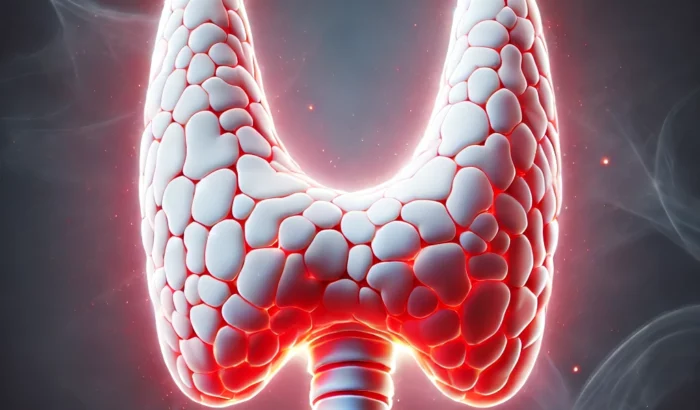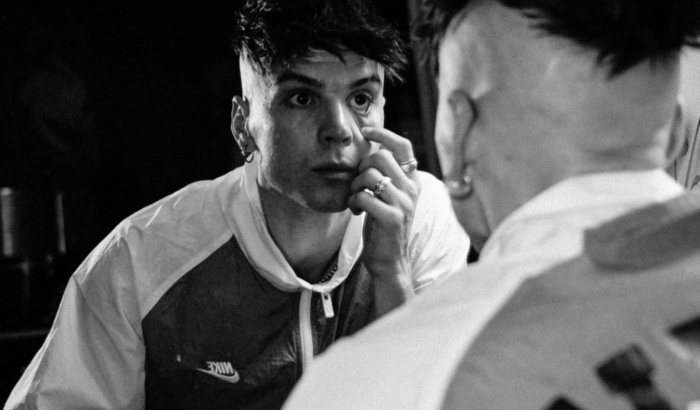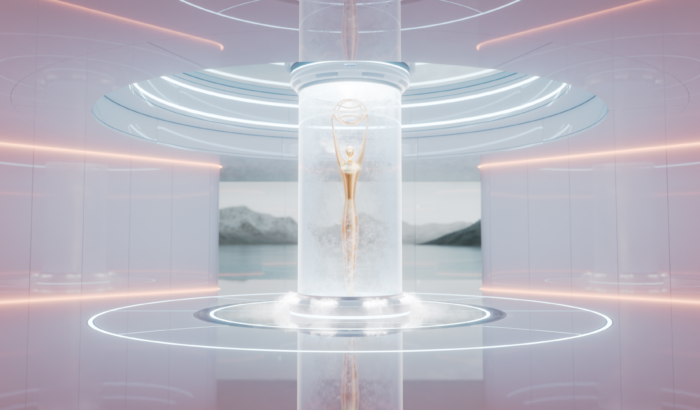Could an AI Penguin put your job on thin ice?
Have you seen the NHS Penguins?
Though they look almost comical – the sort of thing created to make children laugh while they have a vaccine – they’ve been designed for a very serious purpose.
These AI robots have been designed to help overworked hospitals by taking over some of errands of busy staff. They’re being trialled with the aim of freeing up hospital beds sooner, by taking medicines from hospital pharmacies to the wards; which can sometimes be a lengthy wait that keeps patients from being discharged.
Their trial chimes into a conversation we’re hearing a lot of lately: Will AI take our jobs? What might this ‘healthcare of the future’ look like, and how does the human and the AI coexist?
It’s too early to answer many of these questions.
But there are some things we’re sure of.
Human touch will always be fundamental to good care
Health is a very emotional topic. When our health is threatened, so too is our very existence.
So it stands to reason that few things provoke fear, sadness, and vulnerability the way that a serious injury or a scary diagnosis can.
When we’re in those states, we want to see a human face, hold human hands, hear human voices.
No matter how helpful, a robot simply cannot evoke the same empathy that a nurse’s kind eyes can in our moment of need. The same reassurance as a doctor who tells you “I’ve done this hundreds of times before”. The same humour as technician who manages to make you laugh when you walked in feeling quite incapable of smiling.
Patients deserve that. They always will.
Moreover, it’s well observed that our psychological state impacts our physical health. So there’s no telling that health outcomes would improve if a patient’s access to the warmth and psychological safety of human care is lessened.
Beyond the front line
While these autonomous penguins and many like them could become a more common sight in UK hospitals, they are ultimately runners. They don’t provide care so much as transport medicines between the very human hands of healthcare workers.
We don’t see the jobs of front-line care workers being taken. Far from it.
The Future Healthcare Journal agrees: “It also seems increasingly clear that AI systems will not replace human clinicians on a large scale, but rather will augment their efforts to care for patients. Over time, human clinicians may move toward tasks and job designs that draw on uniquely human skills like empathy, persuasion and big-picture integration.”
We see the potential of AI far beyond the front line.
It’s in the bureaucratic and administration tasks. The data collecting, data crunching, trend-finding aspects is where AI excels, without compromising what patients want and need.
If we can gain efficiencies through automation of tasks like these, couldn’t the cost savings be used to put more people on the front line who are paid their worth?
Looking at an increasingly broken NHS, shouldn’t this be our focus?
As far as we can see it, a nurse would be happier with a pay-rise and a few more colleagues, than with a few penguins on wheels…
Image Credit: Academy of Robotics






